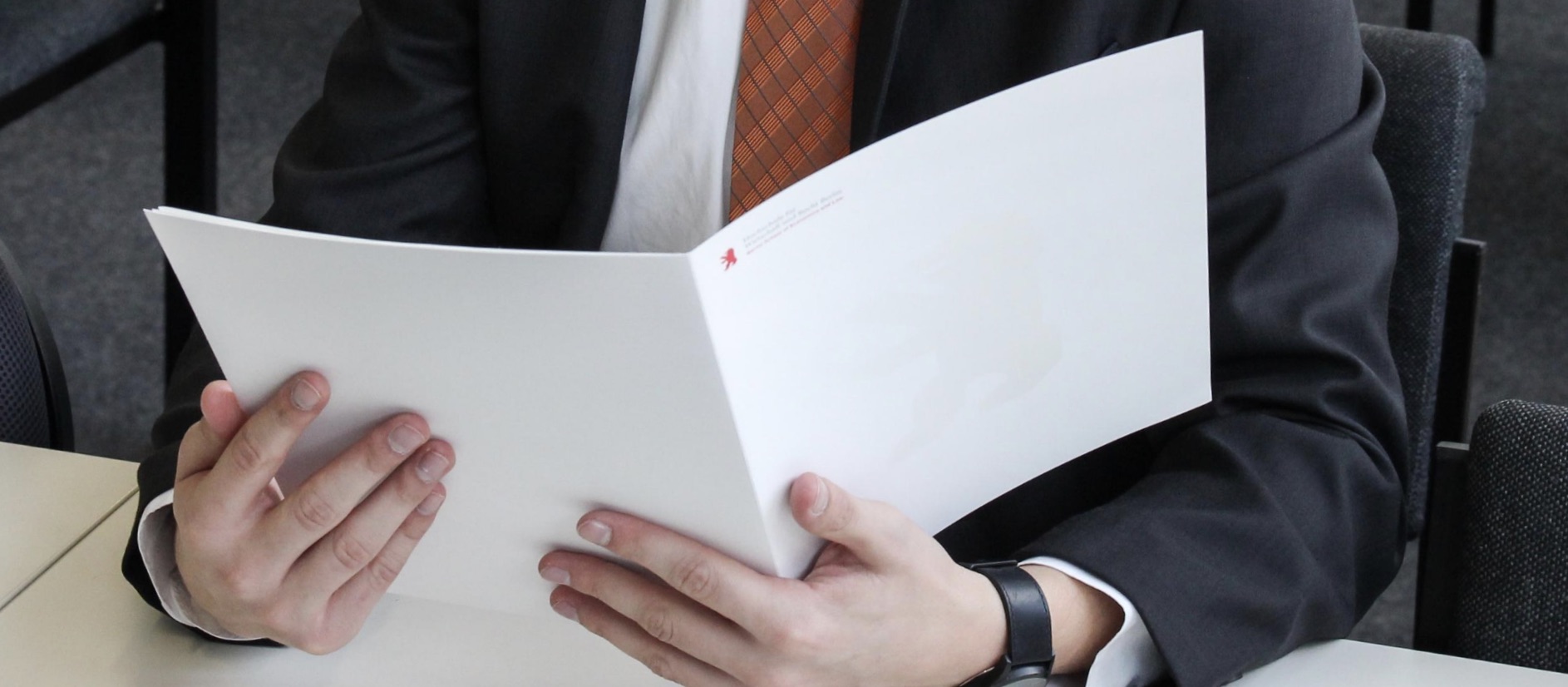

It is quite common: a good developer, but absolutely afraid of an interview with the customer. Even senior specialists who could write excellent code sometimes feel like a fish out of water – but in reality, there is nothing to be nervous about. In software development outsourcing, it is only natural for the customer to get to know the people who will work for their project, and an interview on Skype or Zoom is the simplest way to do this. Also, it is a stereotype that programmers should be just silent guys with zero communication abilities who sit in the basement and code – being able to interact in a team is an important part of the “soft skills” that are so valued now. Let’s look at the 7 small things that will help you nail the interview and impress the employer even from thousands of miles.
Imagine you are a business owner or manager, and you want to hire an outsource developer. This interview would be your first way to get to know the people you trust with your project – maybe one of the most valuable things you have at the moment. What would you want to see at the interview, and what would make you confident that this is the right professional?

Chances are, if you have really paused to think, you already have some ideas. Below is the list of seven tips we have prepared for you based on dozens of interviews with Flytika customers from around the world. Compare your ideas with these and combine them to get the job you deserve.
#1 Check the tech and the background
When was the last time you really used Skype or Zoom? Even your answer is the day before the interview itself, better double-check. If you were the employer, you would understand it if something went wrong with the camera or sound, but the impression would be spoiled – first of all, because you expect the person to be responsible and stay in contact. It is a good idea to run a test call with a friend just before the interview. This will serve two purposes – (1) you are confident that everything works fine, and (2) you will get used to talking to the camera and feel less nervous when it’s time to shine.
Also, the background. Please, please do not use the virtual backgrounds, especially those with space or fantasy themes. This annoys pretty much everyone in a business context. Instead, position the webcam so that your background is neutral – a wall, some furniture, but not a window or door. If you have kids or pets, they should better not appear in the picture or be heard – some interviewers may think you want to distract them with cuteness!
#2 Reread your CV… and better print it
Generally, any HR manager will recommend you review your CV and modify it for each job you apply for. After all, some skills are more important for some positions, and other competencies for other. In reality, of course, many of us are too busy (or too lazy) to do that every time. Regardless, it is an excellent idea to read your CV once again before the interview – and maybe also print it and lay it on your table.
The thing is, CV is likely the only source of information about you the customer has – HR managers may read your Facebook or Instagram, but employers often don’t. Naturally, everything they will imagine about you, and the questions they are going to ask, will be based on the resume. The common mistake many people make is forgetting about some information they put in the CV and saying things that are inconsistent with it. When it’s fresh in your memory, though, you are on the same page as the customer.

#3 Brush up on your English
Unless you wrote “proficient” in your CV, no one will expect you to talk like Queen Elizabeth II. However, the employer does expect you will be able to communicate more or less freely. What does this mean? There is the myth that speaking fluently means knowing all the words in the dictionary and all the rules in the grammar – but in reality, the more important thing is being able to understand and get yourself understood.
This means responding to questions, finding workarounds when you don’t know how to say something (forgot the word for postpone? Say push the deadline instead) – and above all, not freezing when it’s time to talk. Prepare some phrases to fill the silence and win time to think (e.g. This is a good question, really – if you think about that, etc.). Think what words you will most likely need to explain things at the interview. Have a friend talk to you to rehearse – even if the questions are different in reality, the practice itself is invaluable.
#4 Know enough about the company and the project
You can run a quick Google search to find out what advice they give to employers. Yes, customers, too, often search for ideas on interviews! Many of such articles and checklists feature one important tip, something like: “Do not ask the specialist how good they are. Ask what they can contribute to your project.”
What does this mean for you? One thing: study the company and the project. Know the specifics as well as you can. Be prepared for the question above. Really, how can you make the project better?
In this way, you will achieve two gains at once: show you are involved and care about the project – and also demonstrate how professional and pragmatic you are.
#5 Be proactive and ask questions
Shy people can be adorable but look a bit helpless in a business context. Remember, the employer does not know anything about you except what’s in your CV and maybe what the HR manager told them. This means if a candidate is passive and silent, they may assume that person is either uninterested, or not professional enough to be confident in their own specialty. Be bold, but not too bold: ask questions, maintain a two-way conversation and show how good you understand the specifics of the future work.

#6 Do not be surprised (but if you are surprised, show it)
Anyone can be taken at unawares. Some employers love to ask questions that pull the candidate out of the comfort zone – just to see how inventive that person is. Examples can include questions ranging from “What did you have for breakfast?” to “You are thinking about something else now, right?”
The worst thing ever to do is to blush and get confused, freezing and looking alarmed. After all, the purpose of such questions is simply to look at how you react to sudden events (that may happen while working with the project). On the other hand, you do not have to stay calm like a robot and answer everything without a hint at surprise. If you are shocked by an unexpected question, show it without “freezing” – you can even say how surprised you are. The trick is to react quickly. And if you really, really don’t want to answer an “odd” question, you can always say it’s personal or ask: “What does it have to do with the project?”
#7 Use the webcam correctly
Interestingly, even in 2020, after several months of COVID-19 and web meetings, many people still have not figured out how to use the webcam properly – and look awkward during videochats. The trick is the direction of your eyes: in a normal, face-to-face conversation, you look at the person in front of you when addressing them. Instinctively, we do the same when talking online, but the problem is, the webcam is actually higher up than the other person’s face on the screen. The result is that the other person sees us looking down from them (remember, the camera acts as their “eye” at the moment) – a behavior that is usually associated with guilt, shame, lying or being shy. Instead, look at the camera while talking to appear more confident.
You can even put a sticker with a cat near that camera if you want – and imagine you are talking to the cat during the interview. This will also help reduce stress (if you are not afraid of cats, of course).
These are just seven recommendations that we find most useful. Of course, there is never an end to good advice, but if you are really good at what you do as a programmer, pay attention to these small tips and have just little bit of good luck, you have all the chances to land that job. The most important thing is this: in the end, it’s not about the interview, but about the project that has value to you and the customer alike.

